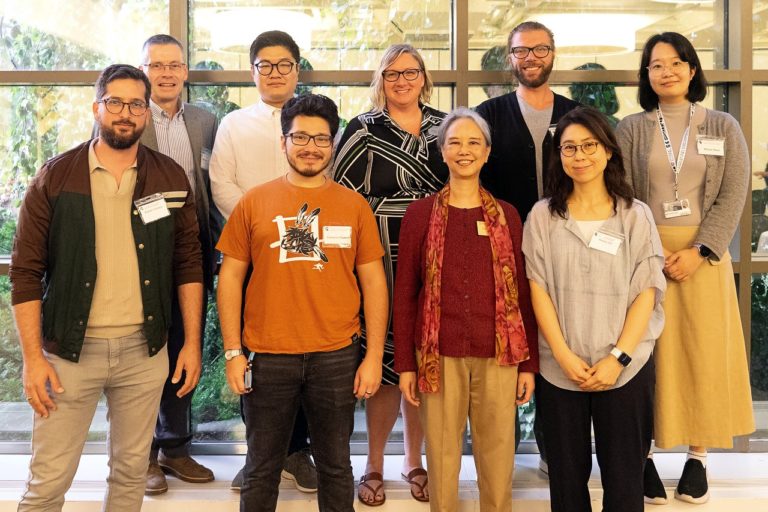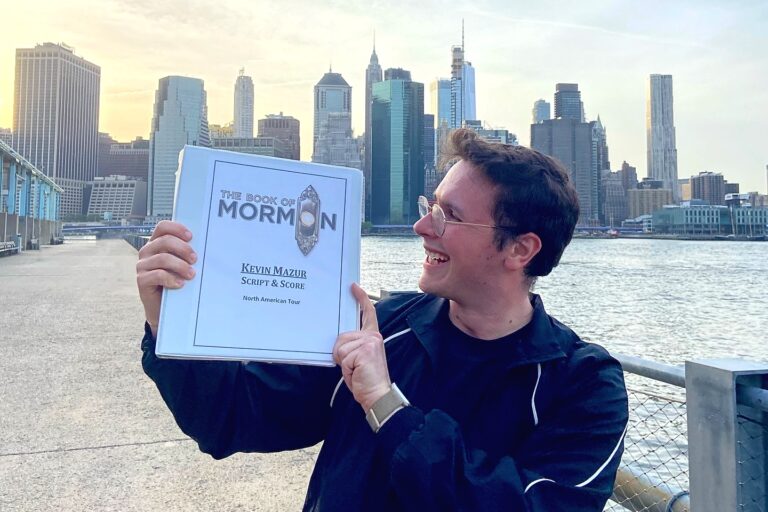For nearly a decade, Dionne O’Dell has led the Sense-Ability Ensemble at Michigan State University, which develops multisensory theatrical works for audiences often excluded from traditional performance spaces.
O’Dell is an Academic Specialist in MSU’s Department of Theatre who specializes in teaching children’s theatre and writing and directing plays for youth and community, and Routledge has now published her first book, “The Sense-Ability Ensemble’s Guide to Creating Theatre for Audiences that are Neurodiverse,”which explores how the Sense-Ability Ensemble creates theatre from the ground up for neurodiverse audiences. The book will be released on July 1, 2025.
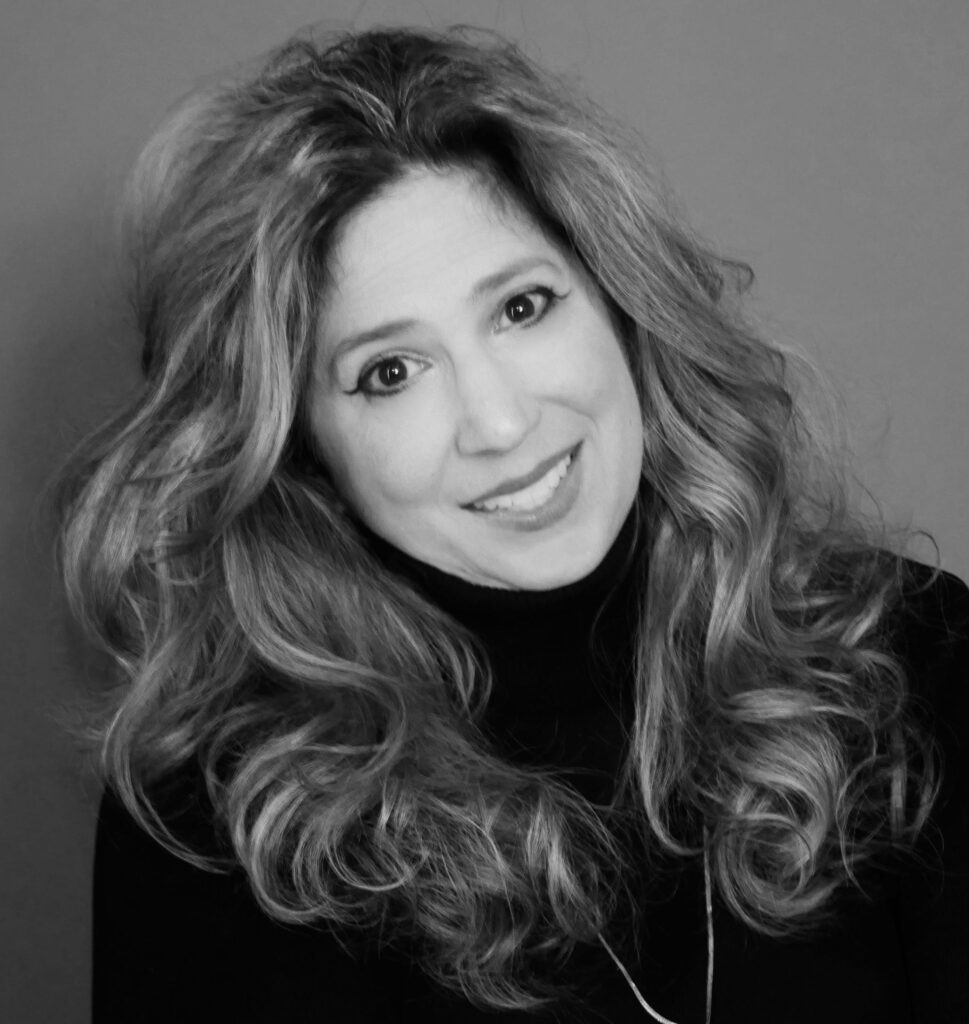
In addition to her book, O’Dell also will be featured on “A World of Difference: Embracing Neurodiversity,” a series that is produced by neurodiversity-affirming Beacon College and is distributed by PBS. The show empowers and celebrates neurodiverse families around the world. The episode with O’Dell will air on July 5, 2025. O’Dell was simultaneously given the Beacon College Difference Maker Award.
“I started on this journey in 2016 when I was working with what was then called Fourth Wall Theatre Company, now OpenSpot Theatre, on workshops for students with all kinds of diagnoses,” O’Dell said.
Those workshops, which paired MSU Theatre and Education students with experienced practitioners, quickly revealed a need that extended beyond classroom settings. Parents approached O’Dell and admitted that was the first time their neurodiverse children felt their needs addressed in a theatre environment. Prior experiences left them feeling unwelcome.
“It was really great to see that there was a space where everyone was included,” O’Dell said, “and I felt that there’s more that could be done with that.”
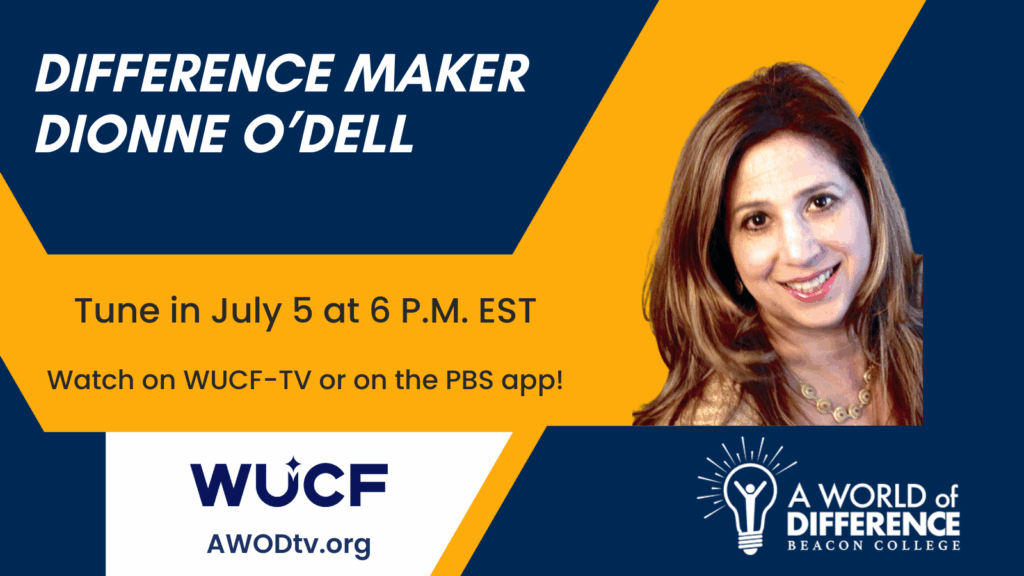
She began researching companies creating theatre specifically for neurodiverse audiences and found only a handful doing that work. So also began exploring best practices and how they could create theatre specifically for audiences that are neurodiverse.
“We wanted to make it feel very much tailored to them, make it interactive, participatory, sensory-friendly,” O’Dell said.
The Sense-Ability Ensemble has since developed and staged several performances for neurodiverse audiences, including productions of “Farm! A Musical Experience,” “Soda Pop Shop!” and “What If Wilhelmina,” an adaptation of the award-winning children’s book by Joseph Belisle. The Ensemble has toured the productions to special education classrooms in the Greater Lansing area and performed at festivals.
As interest has grown, so too have inquiries from fellow practitioners, which led O’Dell to write “The Sense-Ability Ensemble’s Guide.” The book is equal parts case study and how-to manual. It chronicles the ensemble’s development while offering practical tools — such as audition forms, communication templates, and touring guidelines — for others hoping to stage similar work.
Beyond Sensory-Friendly
To create something for audiences that are neurodiverse, O’Dell uses techniques such as live music, puppetry, one-on-one audience member/actor interaction, specialized design considerations, sensory engagement, length, actor and staff training, non-linear storytelling, and the use of social narratives, as well as partnering with special education and occupational therapy professionals.
For example, in “What If Wilhelmina,” actors break the fourth wall, inviting children to feel the “cat’s whiskers” (soft paintbrush bristles) or participate in call-and-response moments.
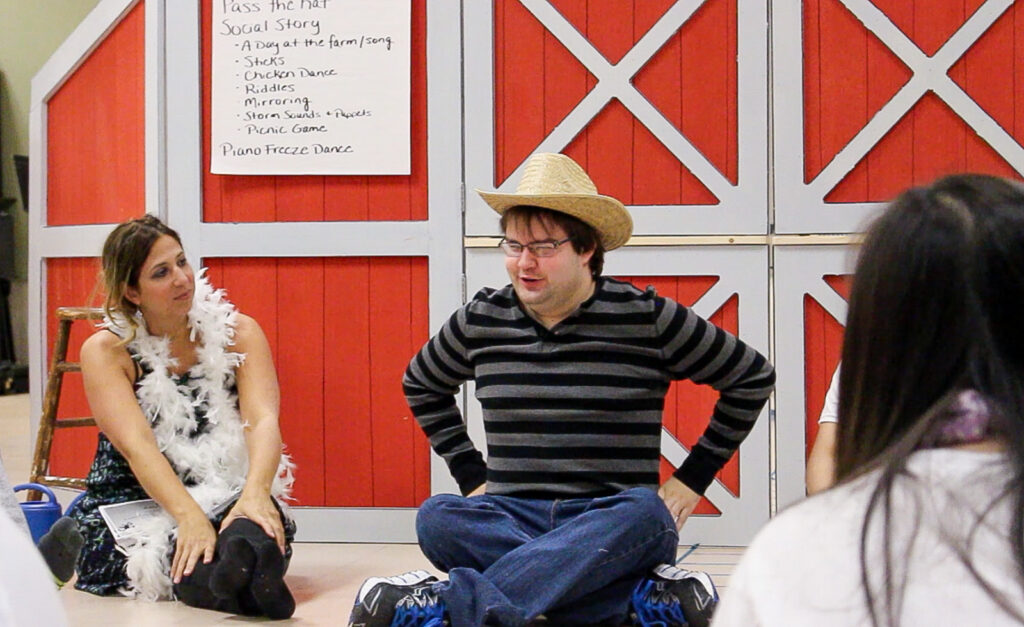
“It’s a lot of one-on-one interaction,” O’Dell said. “That allows us to meet each audience member where they are.”
As O’Dell has progressed on this journey, there have been moments that have prompted her to reconsider traditional assumptions about a play’s success. In the past, a successful show may have been one where all the actors delivered their lines perfectly and performed each song in perfect harmony.
That changed during a performance where a neurodiverse actor delivered a song with unrestrained volume and joy.
“At first, I thought, should I ask him to lower his volume? But because he was so exuberant in expressing himself, all of the kids in the front row stood up and started singing with him,” O’Dell said. “It was really wonderful to see him do that, and there was so much joy in the room. That’s when I realized — this is what success looks like.”
A Collaborative Process
The origins of “The Sense-Ability Ensemble’s Guide,” like the ensemble’s productions, are rooted in collaboration. When O’Dell created “Farm! A Musical Experience,” she worked closely with composer, Chelle Peterson, and three MSU students — Ryan Duda, Evan Hill Phillips, and Kathryn Stahl. Duda and Phillips, now alums, contributed chapters to the book.
“They wrote from the perspective of being both actors and collaborators on the show,” O’Dell said. “Evan has a brother who is neurodiverse, and he had a very wonderful perspective on his interactions with his brother growing up and then diving into this work and how meaningful it was to see the impact.”
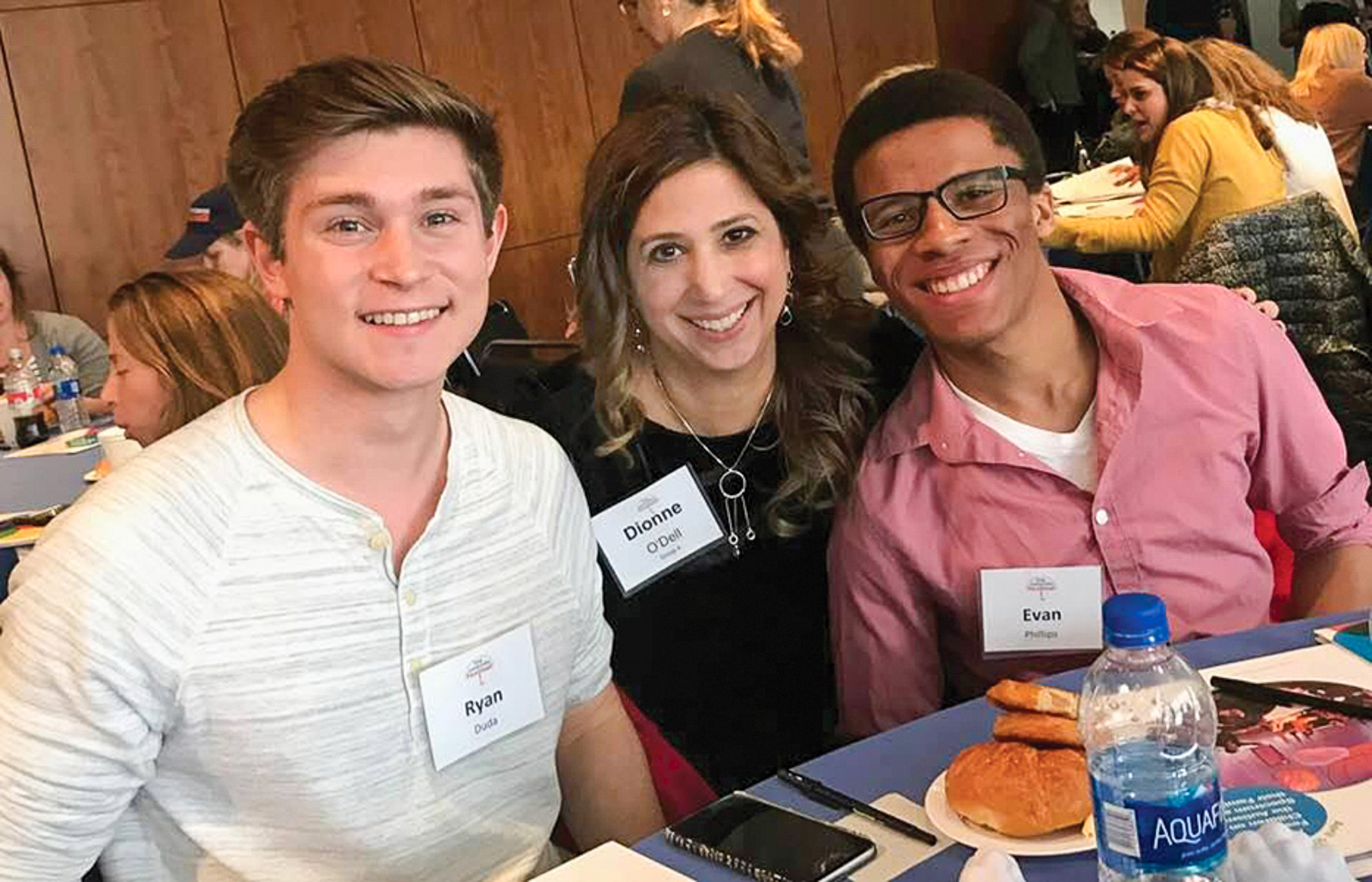
The ensemble also has partnered with special education experts and occupational therapists to ensure that productions are both artistically compelling and developmentally appropriate.
“I’m not an expert in neurodiversity. I’m more of an expert in children’s theatre,” O’Dell said. “But I was able to partner with people who are experts in autism and other diagnoses, and they’ve really taught me along the way. So, it’s been a learning process for me, too.”
Looking Forward
O’Dell isn’t short on ideas for what comes next. A show titled “Pond Adventure,” developed during the COVID-19 pandemic has yet to be staged live. She’s also exploring new material, including a potential adaptation of a second book by Joseph Belisle, author of “What if Wilhelmina.”
One idea, sparked during late-night scrolling, involves a clever octopus who escapes confinement.
“I just thought, that could be a really fun children’s show,” she said.
Wherever the ensemble turns next, O’Dell’s goal is unchanged.
“The goal is to keep doing this kind of work at MSU, to keep having students collaborate with me, to still tour this kind of work to the greater community,” she said. “It’s a collaborative process and it takes a whole community to support it to get this work off the ground. I’m really thankful that MSU has been really supportive of the work.”
By Austin Curtis

